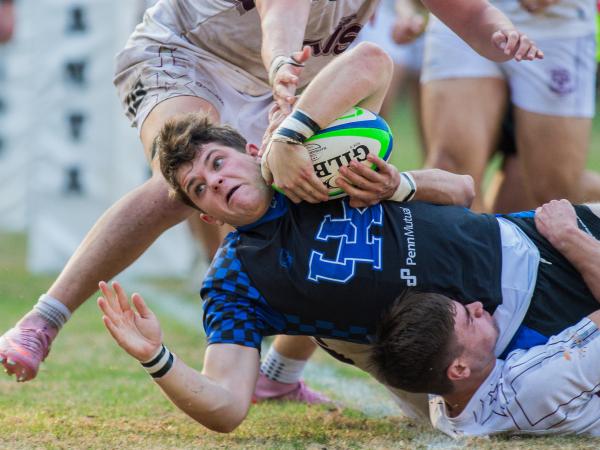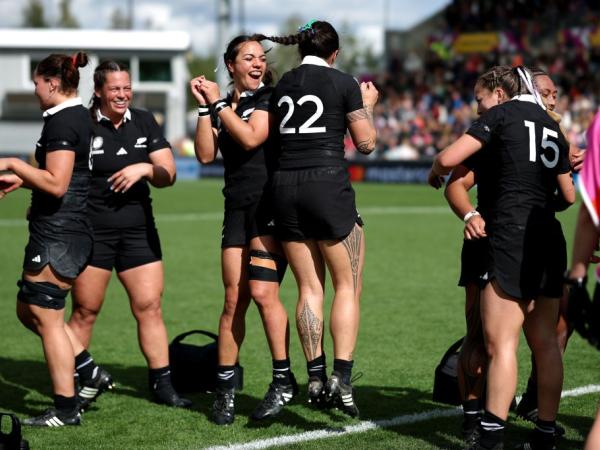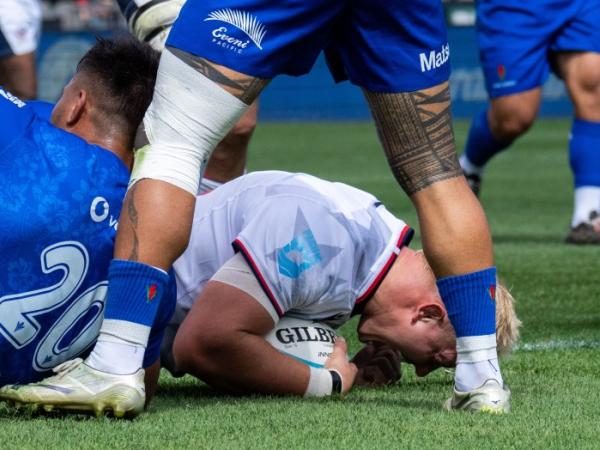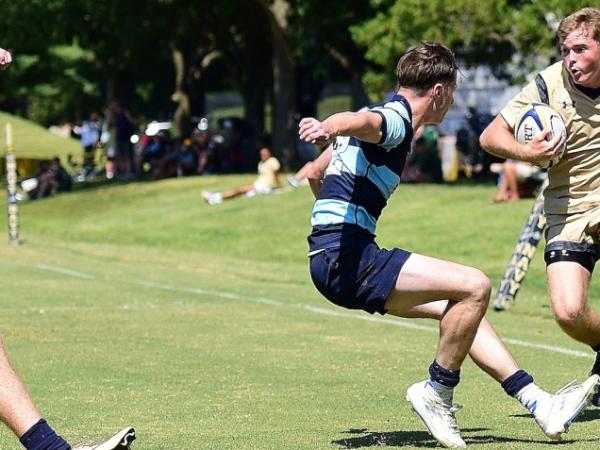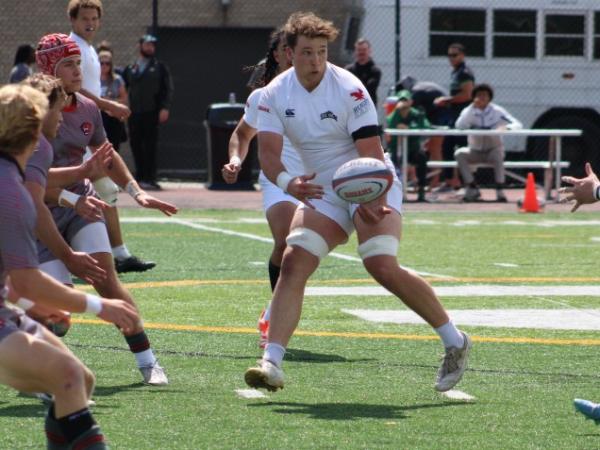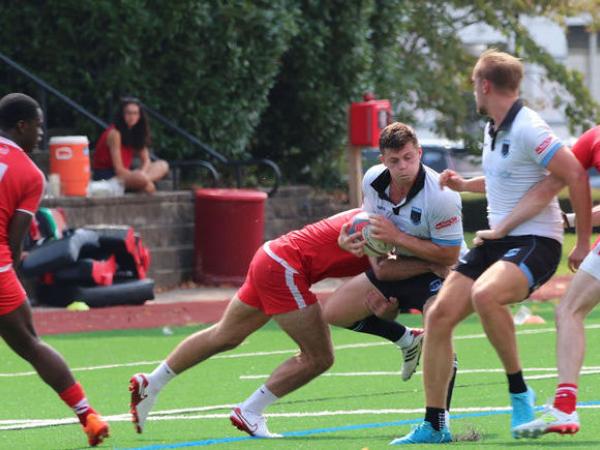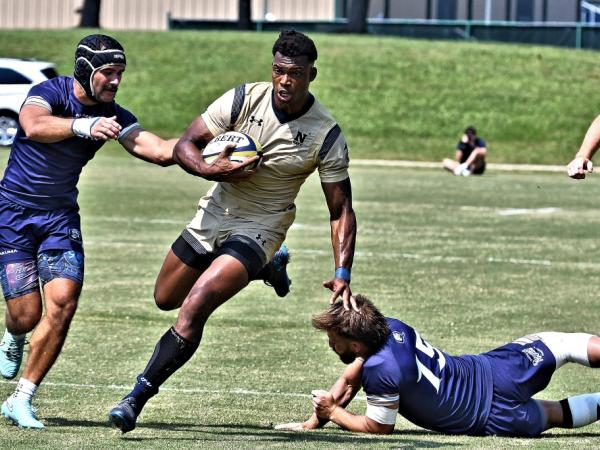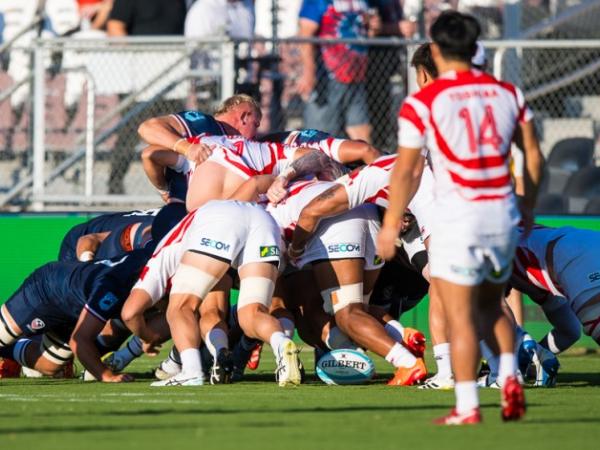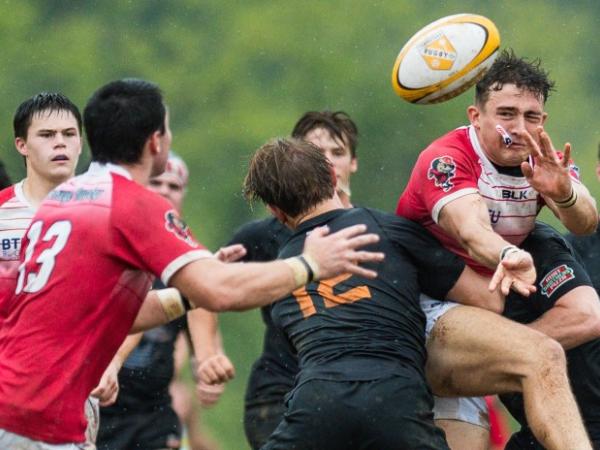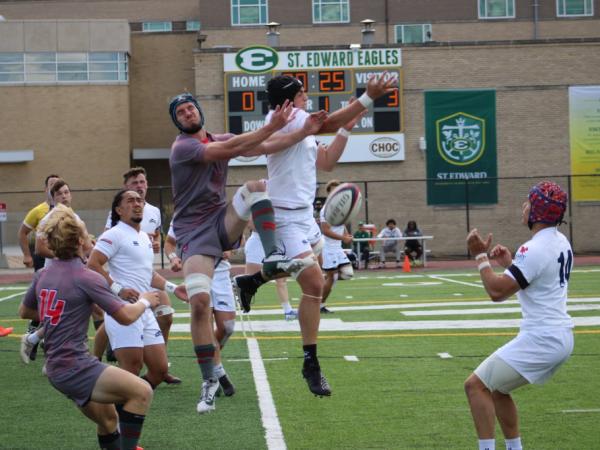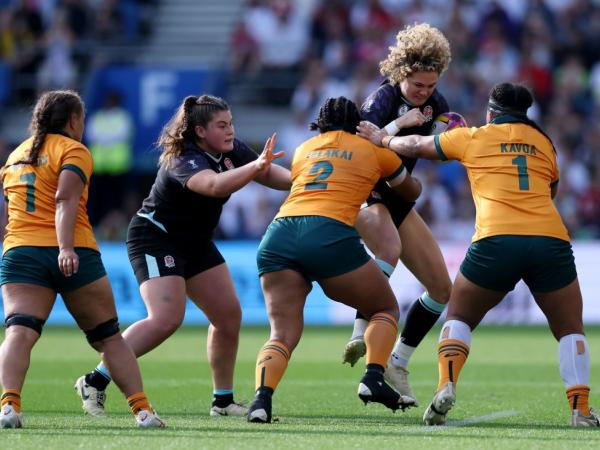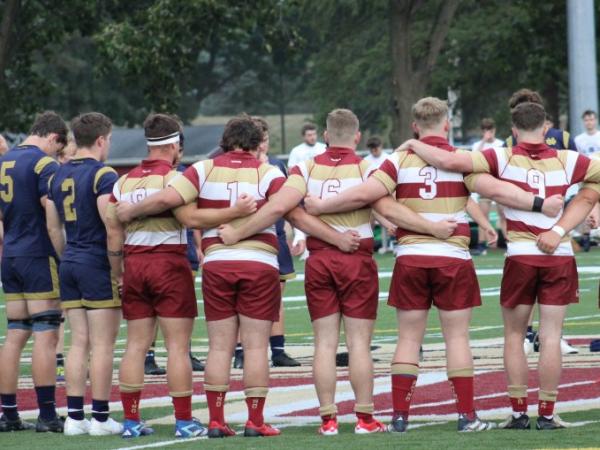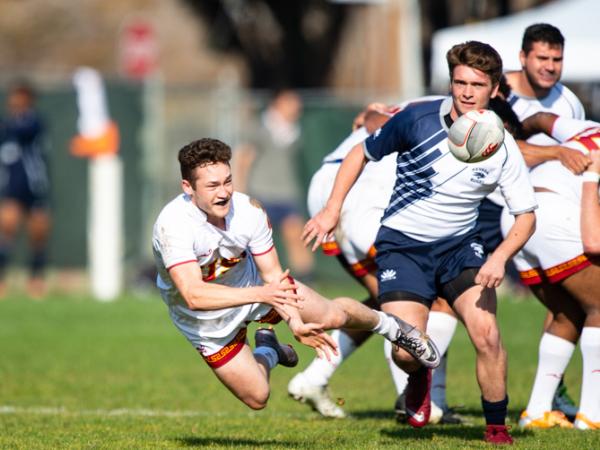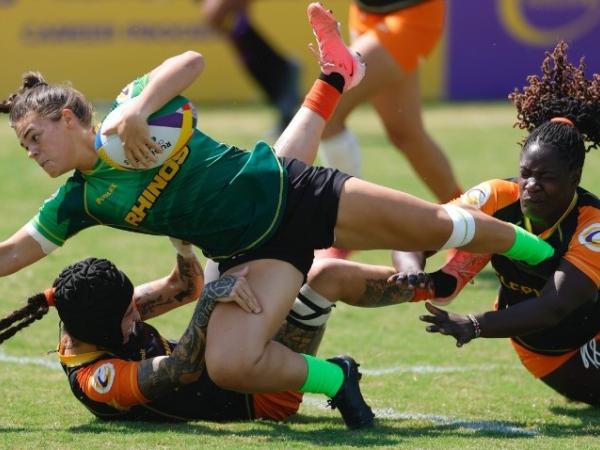(This is an opinion column by Goff Rugby Report Editor Alex Goff). The end of the Pan-Am Games for the USA was not what they wanted.
The men’s team was looking for Gold, and ended up getting Bronze after they lost in the closing seconds to Canada in the semis. The women’s team might have expected to end up with Silver, which is what they got, but not with an all-out thrashing, which is what Canada gave them.
 |
Why things ended this way is worth looking at.
In the men’s competition, can we talk a little bit about luck? In their final three games, Canada’s men’s team reached the final seconds either behind or tied. Each time, they managed to pull it out - scoring at the death against Chile to tie the game and then win in overtime; scoring at the death against the USA to break the tie; scoring with 20 seconds to go against Argentina to go from a 19-17 deficit to a 22-19 Gold Medal victory.
All hail Canada for their heart and determination, but one little difference and they lose in the quarterfinals.
And Canada scored those clutch tries in part because they have enormous self belief, in part because Harry Jones has been playing some outstanding rugby, and in part because they were playing at home. A home crowd is worth a couple of points a game, don’t you think?
So that’s one fact against the USA - playing in Toronto.
The other key factor is the lineup. Sure, Canada had to change some selections due to 15s assemblies the same as the USA did, but with the Pan-Ams being in Canada, they made a few more allowances, and also made a late change, bringing Phil Mack back in. The USA lineup lacked a couple of things - notably a true ball-hawk, enough players who could win the ball in the air, and sufficient speed and power to the breakdown.
That’s not to say the Eagles were poor in these areas, it’s more that all of those things were enough of a factor to help Canada beat them. If the USA is better on the restarts, they don’t spend most of the semifinals in their own 22. If the USA is better at poaching the ball, they could create one more turnover that leads to a try, or gets them into the Canada half. And if they are a little faster to the breakdown, then the turnovers that led to late tries don’t happen.
So it’s simply depth, and it’s simply the fact that players hoping to make the Eagles World Series team need more competition, more challenges, to learn what’s required. The final turnover that led to Canada’s winning try was the result of players - for a split second - assuming Perry Baker would break through and solve the problem for everyone. Once the support players realized that wasn’t the case, they were too late. If your regular competition is weak, you don’t learn that lesson, because Baker does break through. Not against Canada in the Pan-Am Games in front of a Toronto crowd.
As for the USA Women, they learned clearly they aren’t there yet. The Eagles dominated the NACRA 7s so completely, and dominated their non-Canadian opposition in Toronto so convincingly, they didn’t realize how different Canada would be. The Canadian women outplayed the USA in every facet - better tackling, better ball-handling, and, chiefly, much more power, aggression, speed, and savvy at the ruck.Did they get a couple of calls go their way? Maybe, but not enough to turn the tide of the game.
The USA Women’s team was essentially the squad that won NACRA, albeit without a bona-fide restart-winner. So the lesson here seems to be different than the takeaway for the men. For the men, it’s that the reserve players need more competition to get better. For the women’s team, it seems that the current top players still need to learn how to make that jump to the next level. Now, the good news is, the next level is the very top. They still need to make that jump.
Silver for the women, Bronze for the men, in the end is a nice haul, but perhaps not quite as shiny as they would have liked. Still they are going to Rio 2016, and going with medal aspirations.
Addendum: One more note on this tournament. Admir Cejvanovic's late hit on Carlin Isles in the semifinal, which helped take Isles out of the game, was an egregious cheap shot. He got a yellow card in that game, but I think it should have been red. There is a slight, insidious move toward late hits at scoring time in World Sevens, and it's got to stop. There was no purpose to the act other than to injury Isles with a blindside hit. He didn't even wrap. Cejvanovic should be suspended for this, and refs need to keep an eye out for future cheap shots.














